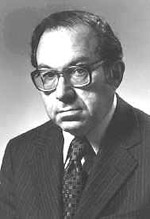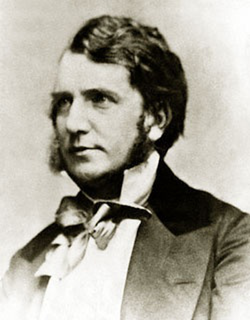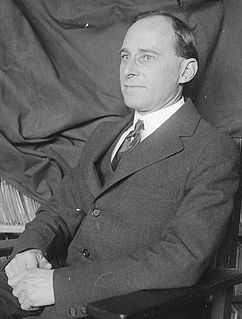A Quote by John Moody
Many of the railroad evils were inherent in the situation; they were explained by the fact that both managers and public were dealing with a new agency whose laws they did not completely understand
Related Quotes
I think during the Cold War in America at least, there was a division; there was the Soviet government and there were the oppressed people, who were not represented by this government. That was a massive oversimplification of what the true situation was there. There were certainly many people who were completely and fully alienated from the government.
As the Nazi regime developed over the years, the whole structure of decision-making was changed. At first there were laws. Then there were decrees implementing laws. Then a law was made saying, ‘There shall be no laws.’ Then there were orders and directives that were written down, but still published in ministerial gazettes. Then there was government by announcement; orders appeared in newspapers. Then there were the quiet orders, the orders that were not published, that were within the bureaucracy, that were oral. And finally, there were no orders at all. Everybody knew what he had to do.
The securitisation of mortgages added a new dimension of systemic risk. Financial engineers claimed they were reducing risks through geographic diversification: in fact they were increasing them by creating an agency problem. The agents were more interested in maximising fee income than in protecting the interests of bondholders. That is the verity that was ignored by regulators and market participants alike.
My parents subscribed to both Time and Newsweek and in 1978, I remember the covers of both that December were of the bodies in the jungle. The fact that many of the people who drank the cyanide - as well as Jim Jones himself - were originally from Indiana, that stayed with me. I wanted to know why they did such a baffling, horrendous thing, why they would kill their children.
It had long been true, and prisoners knew this better than anyone, that the poorer you were the more likely you were to end up in jail. This was not just because the poor committed more crimes. In fact, they did. The rich did not have to commit crimes to get what they wanted; the laws were on their side. But when the rich did commit crimes, they often were not prosecuted, and if they were they could get out on bail, hire clever lawyers, get better treatment from judges. Somehow, the jails ended up full of poor black people.
First dentistry was painless.
Then bicycles were chainless,
Carriages were horseless,
And many laws enforceless.
Next cookery was fireless,
Telegraphy was wireless,
Cigars were nicotineless,
And coffee caffeineless.
Soon oranges were seedless,
The putting green was weedless,
The college boy was hatless,
The proper diet fatless.
New motor roads are dustless,
The latest steel is rustless,
Our tennis courts are sodless,
Our new religion--godless.
The most fundamental challenge of the anthropocene concerns agency. For those who lived the Enlightenment dream (always a minority but an influential one), agency was taken for granted. There were existential threats to agency (e.g., determinism) but philosophy mobilized to refute these threats (e.g., by defending libertarianism) or to defuse them (e.g., by showing that they were compatible with agency).


































